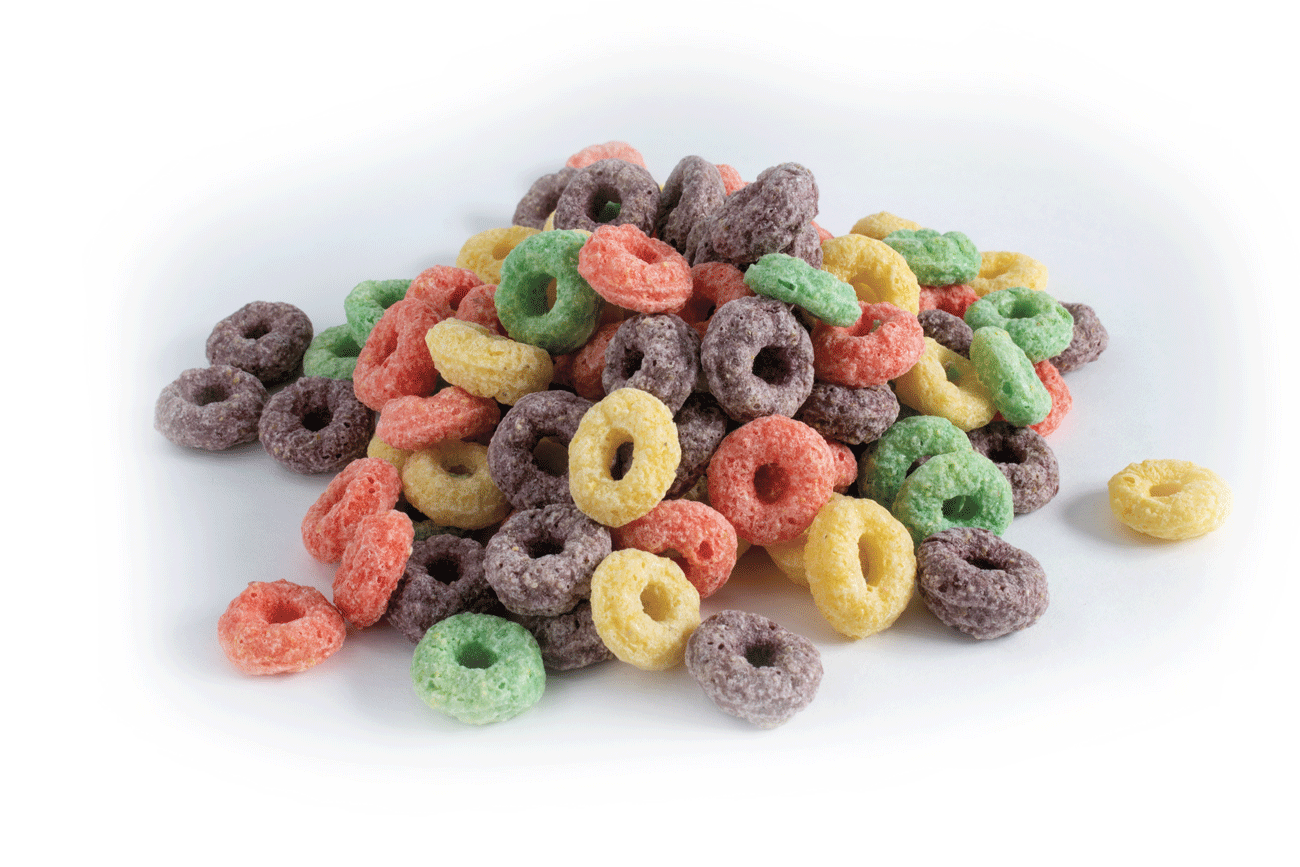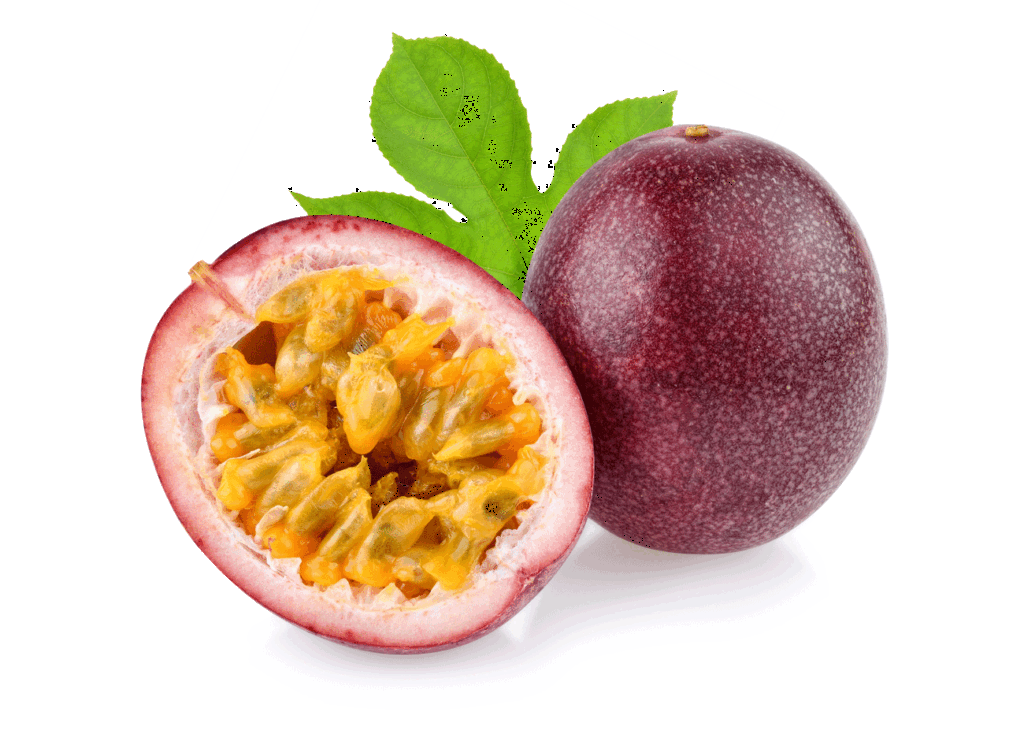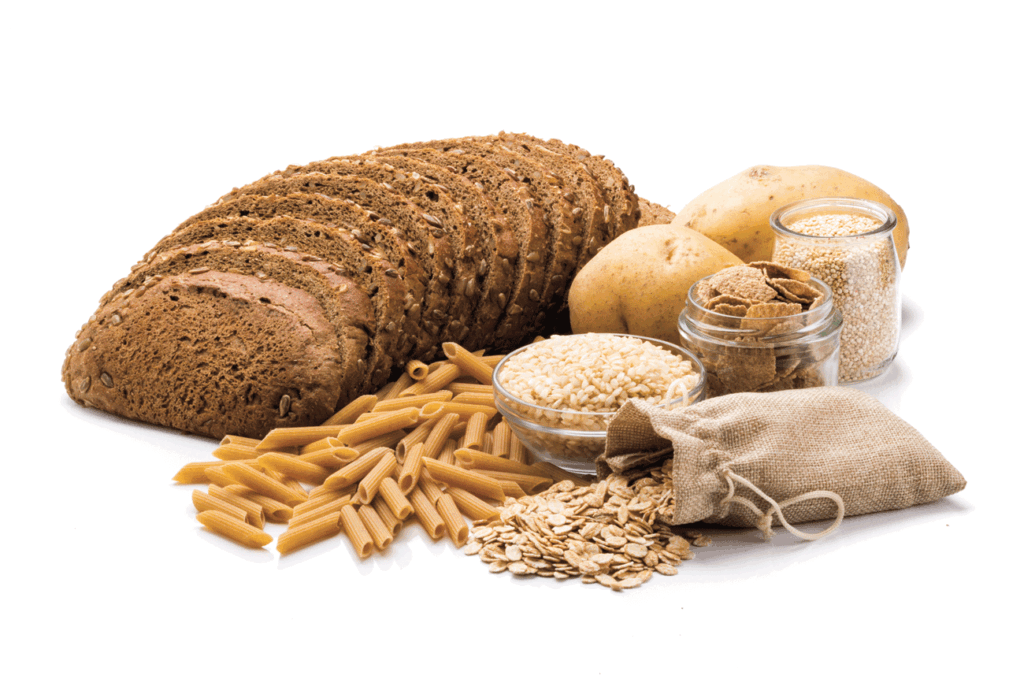
by Penny Lynch
Ultra-processed foods refer to food products that are heavily processed and contain a multitude of additives, preservatives, artificial flavours, and other chemical substances. These foods typically undergo extensive industrial processing and often have long ingredient lists with many unfamiliar or unpronounceable components. Examples of ultra-processed foods include soft drinks, fast food, packaged snacks, sugary cereals, and ready-to-eat meals.
There are several reasons why it is advisable to avoid ultra-processed foods…
They tend to be low in essential nutrients and high in unhealthy components such as added sugars, unhealthy fats, and sodium. Regular consumption of these foods can lead to imbalances in our diet and contribute to the development of chronic health conditions like obesity, heart disease, and diabetes.
Ultra-processed foods are often engineered to be highly palatable, leading to overeating and poor appetite control. Their hyper-palatability (meaning they are really tasty) can disrupt our natural hunger and satiety cues, making it harder to maintain a healthy weight.
The additives and chemical substances used in these foods have raised concerns about their potential long-term health effects, including links to certain cancers and other health complications.
A healthier approach to eating is to prioritise whole, minimally processed foods, such as fresh fruits and vegetables, lean proteins, whole grains, and legumes. Whole foods are typically more nutrient-dense, providing essential vitamins, minerals, fibre, and beneficial plant nutrients. By opting for a diet centred around whole foods, we can better support our overall health and well-being, reduce the risk of chronic diseases, and maintain a balanced and nutritious diet.
Recent studies have found that, in the UK, ultra-processed foods accounted for around 50% of the total daily energy intake of the British population. And more worryingly, for children in the UK, ultra-processed foods accounted for 65% of their diet, which is an alarming trend, as children’s dietary habits during their formative years can have long-lasting effects on their health.
You will find a great selection of whole foods on offer at For Earth’s Sake and The Natural Life Shop, many of which will also be organic.















